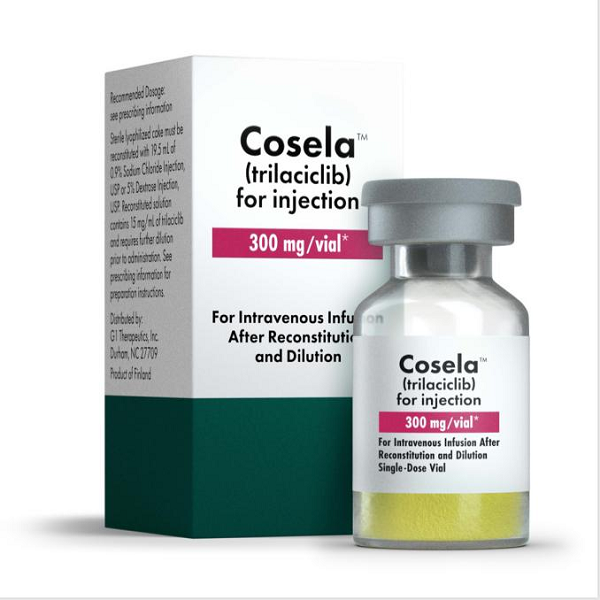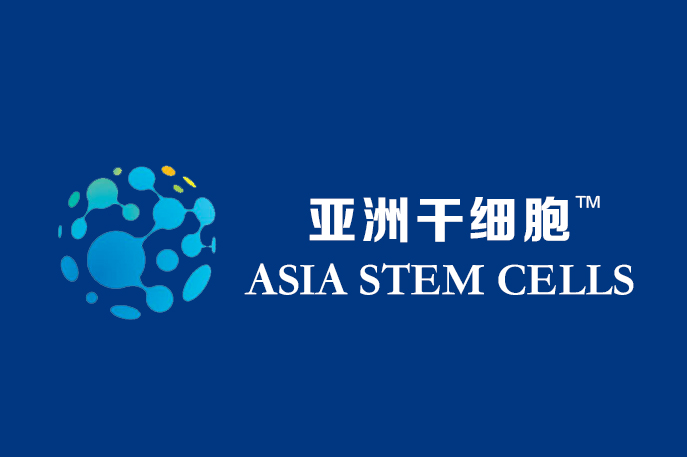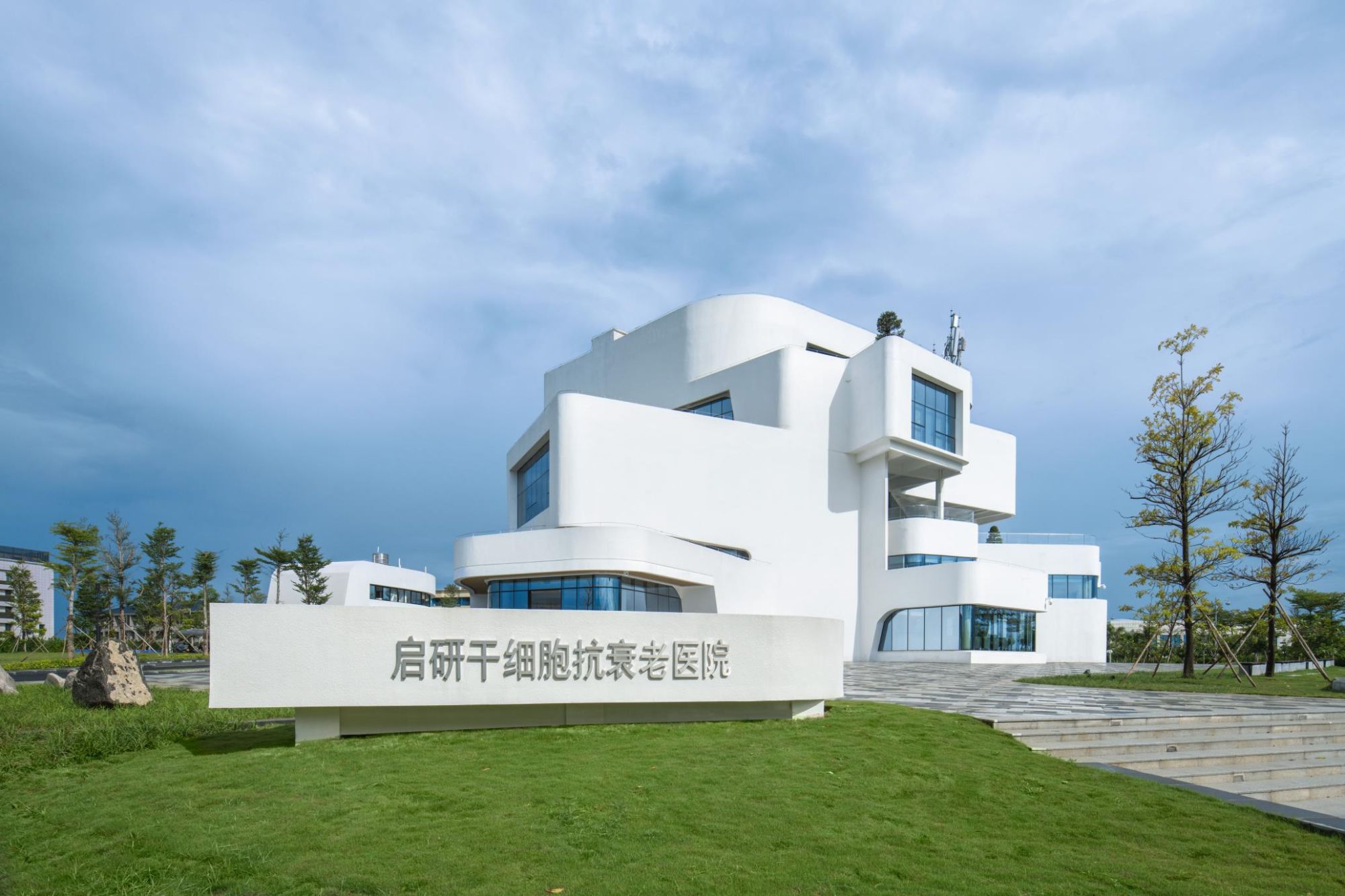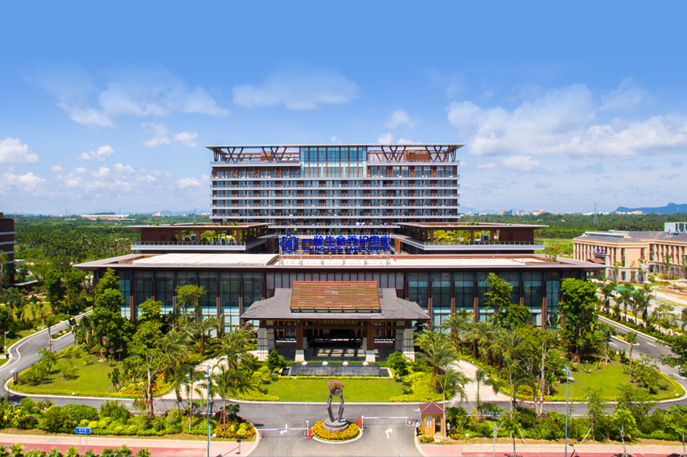Home>Updates
Lecheng makes world's 1st prescription for Cosela apart from US

Cosela (trilaciclib).
The world's first prescription for the medicine Cosela (trilaciclib) - outside the United States where it's market-approved - was made in Hainan Boao Evergrande International Hospital on June 2.
Cosela is currently the only medicine in the world that can comprehensively decrease incidences of chemotherapy-induced myelosuppression (CIM). It passed examinations by the US Food and Drug Administration in February 2021 but it hasn't yet got approval to enter the Chinese market.
Cosela was introduced to Boao Lecheng International Medical Tourism Pilot Zone following joint efforts made by Jiangsu Simcere Pharmaceutical and Boao Evergrande International Hospital, to apply it to the clinical treatment of patients with extensive stage small cell lung cancer (ES-SCLC).
The clinical application of Coselain Lecheng will also provide real-world data for Chinese patients.
Small cell lung cancer (SCLC), a histologic subtype of lung cancer, is the most common occurring cancer in China, accounting for 15 percent of Chinese patients with lung cancer. Around 70 percent of the patients with SCLC are ES-SCLC.
At present, the treatment for ES-SCLC is mainly based on chemotherapy. CIM is the major dose-limiting and potentially fatal complication of cancer treatment. The major symptoms of CIM are decreases in neutrophile granulocyte, anemia and the decreases of blood platelets.
A male patient surnamed Zeng has become the first patient in China to use this medicine. "Experts in Boao Evergrande International Hospital have helped me a lot in examinations and medicine application, giving me access to global leading treatment solutions," said Zeng.
"Our hospital has been insisting on carrying out real-world clinical research to benefit more patients," said Yang Yi, president of Boao Evergrande International Hospital. "We sincerely welcome hospitals and experts countrywide to cooperate in new medicines and technologies."

 Video: Foreign envoys send best wishes to Hainan FTP
Video: Foreign envoys send best wishes to Hainan FTP Hainan Xinshengquan International Cell Therapy Hospital
Hainan Xinshengquan International Cell Therapy Hospital  Neology Stem Cell Anti-Aging Hospital
Neology Stem Cell Anti-Aging Hospital  Boao Yiling Life Care Center
Boao Yiling Life Care Center 